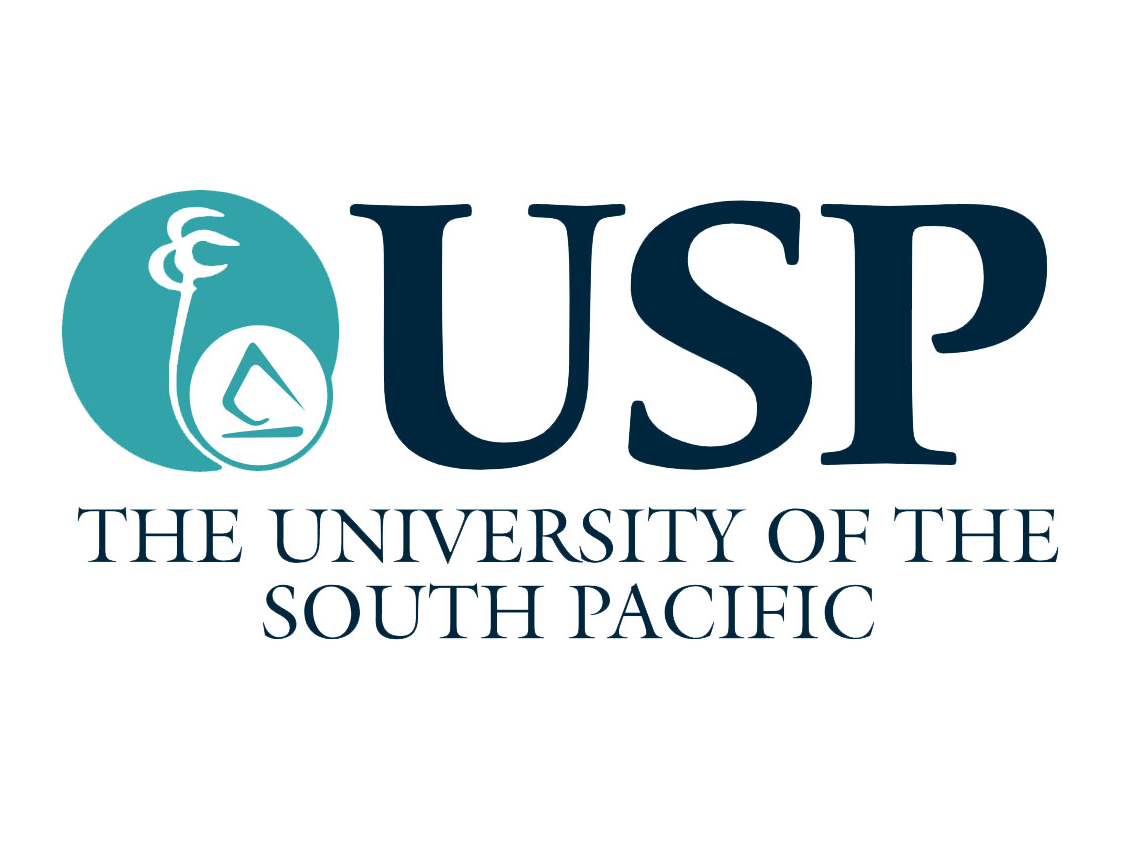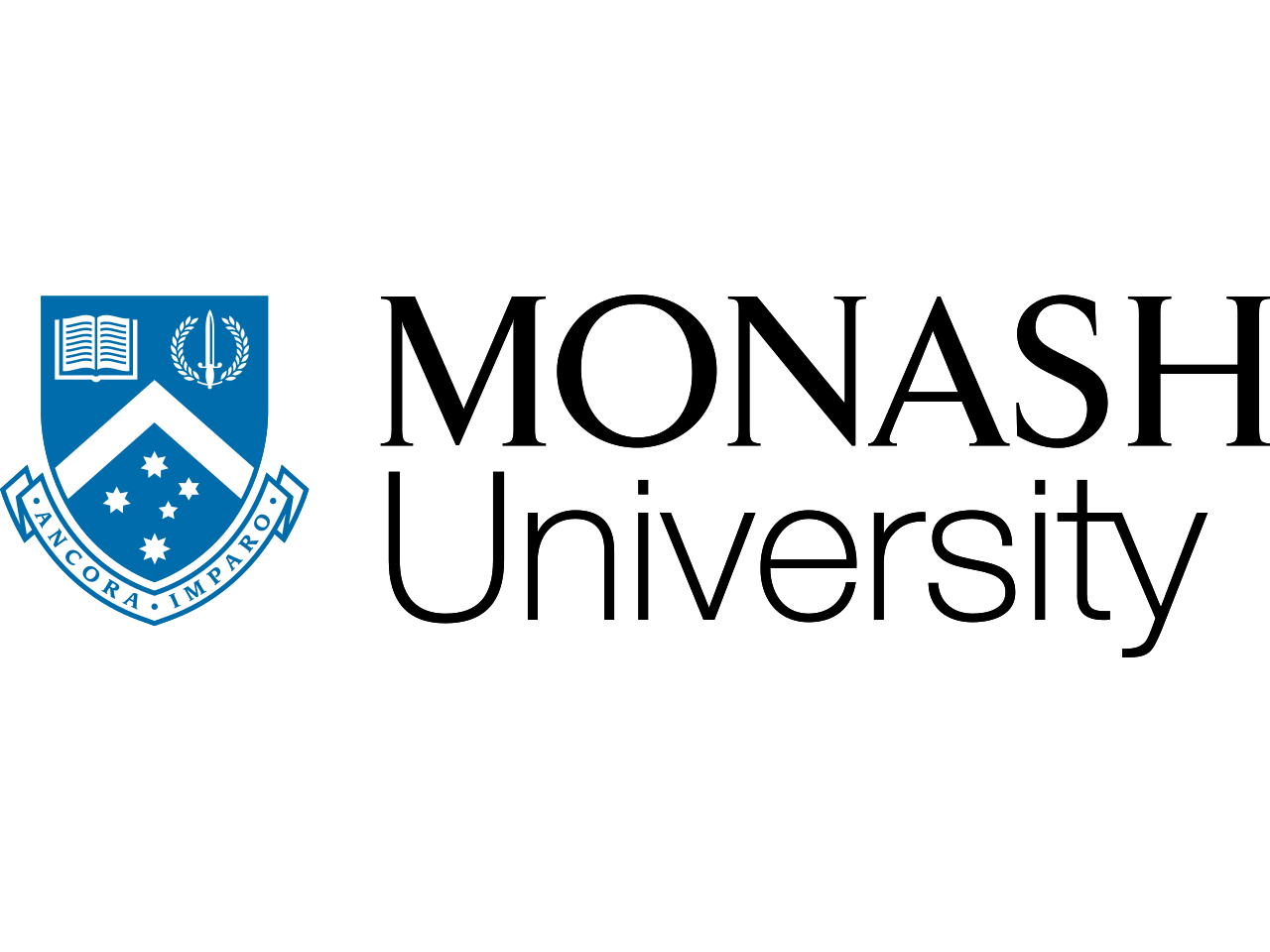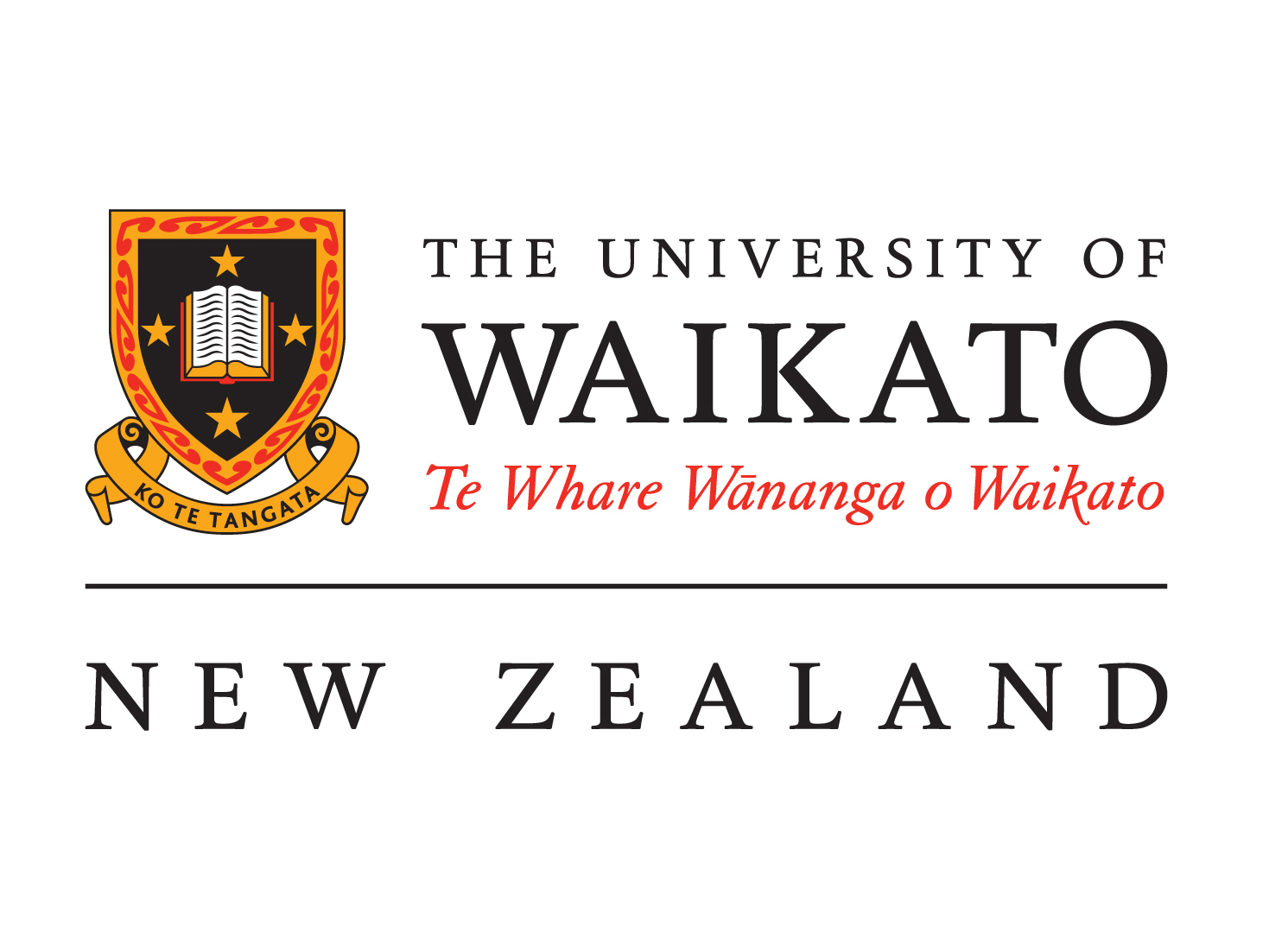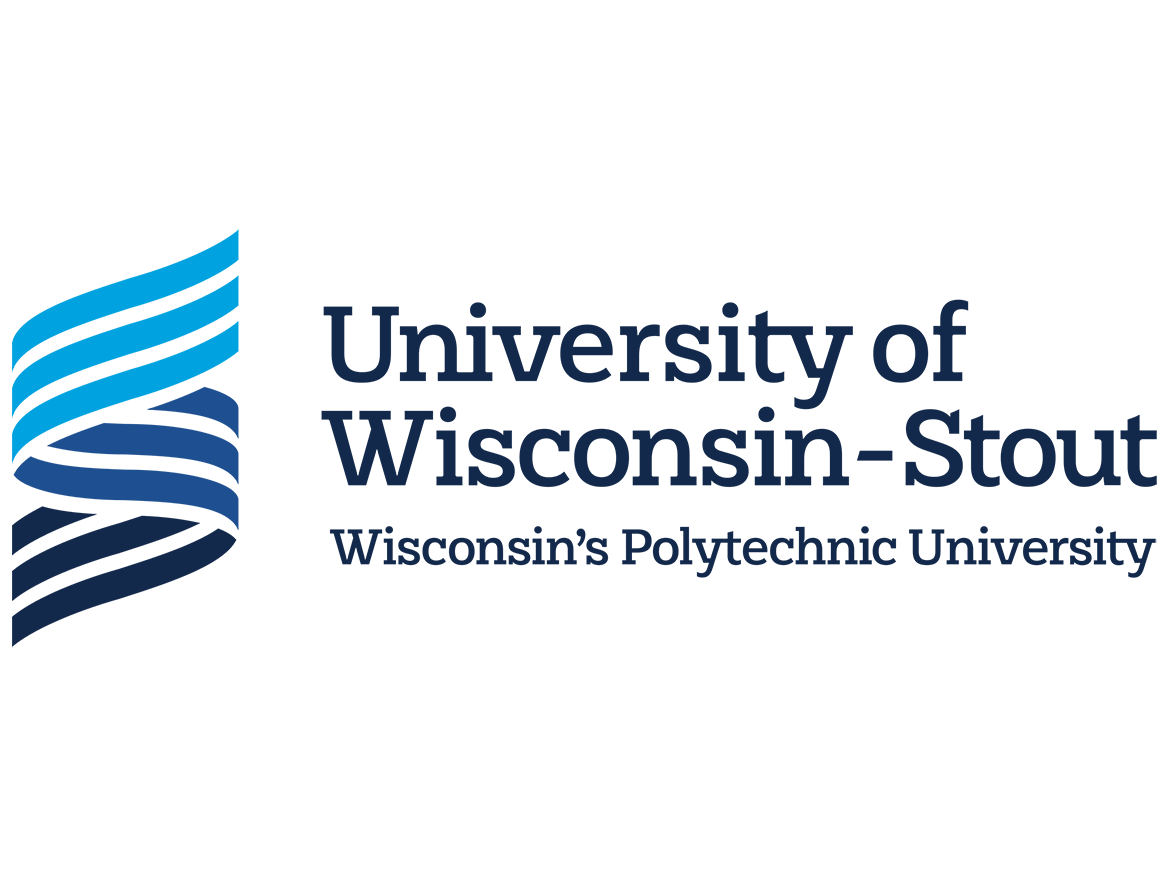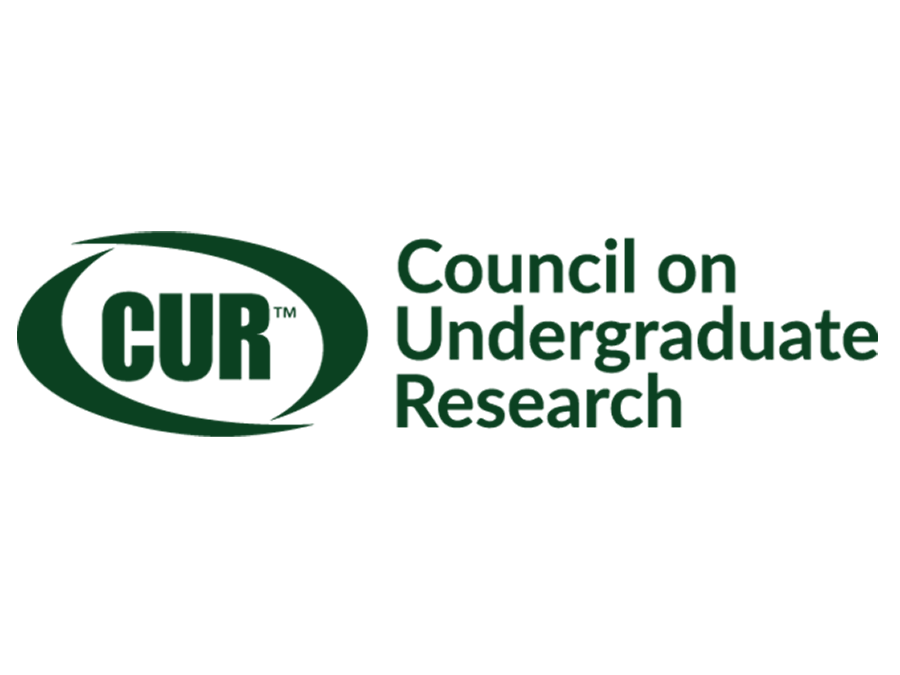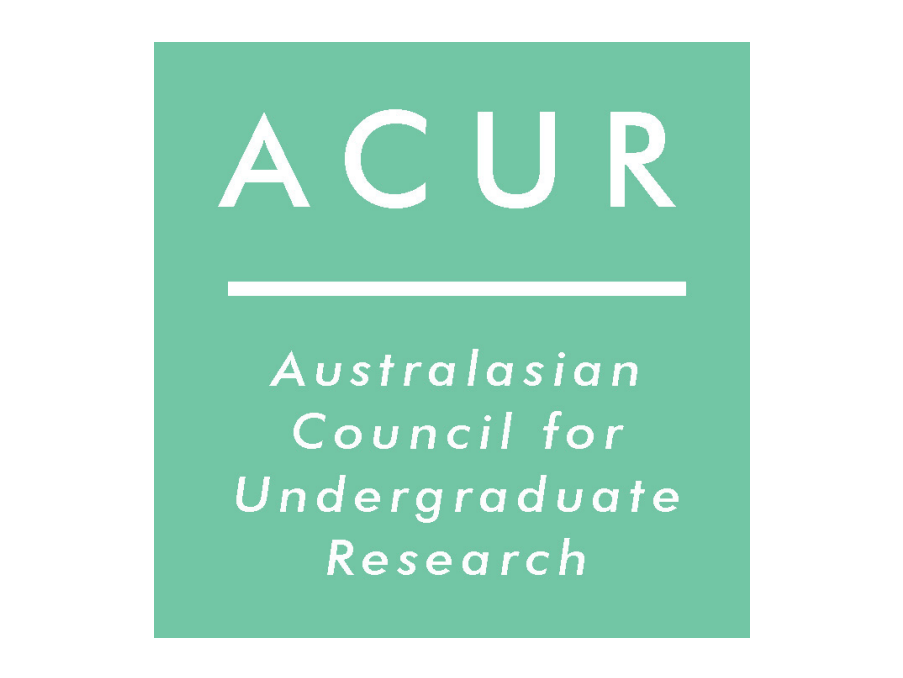University Learning
The Research Skill Development (RSD) framework is the archetype for the MELT, as research on the RSD guided the broad parameters for engaged learning and teaching. You will find here a wide variety of MELT models, implementations, evaluations and resources for University.
The MELT were developed for use from primary school to PhD studies, but most models devised so far, and almost all road testing, have been in Higher Education contexts. Frameworks used in Higher Education include not only the RSD, but also the Work Skill Development (WSD) framework, the Optimising Problem Solving (OPS) Pentagon, and the Clinical Reflections Skills (CRS) framework.







